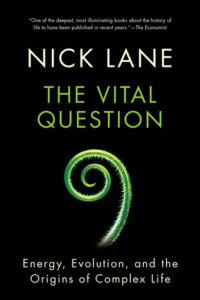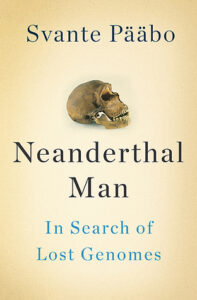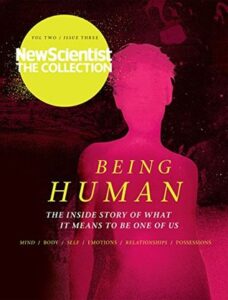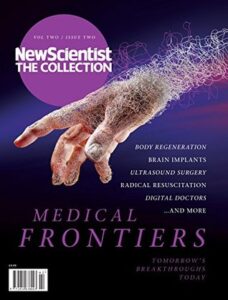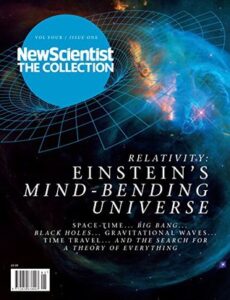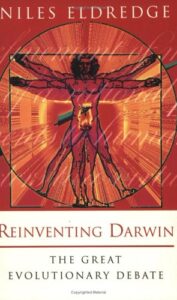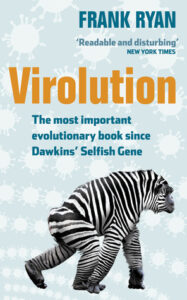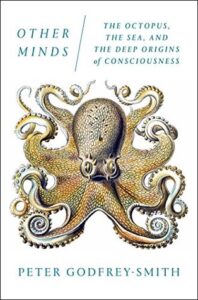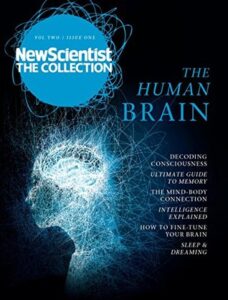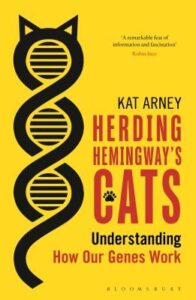 Herding Hemingway’s Cats, Kat Arney
Herding Hemingway’s Cats, Kat Arney
I didn’t expect to get that much out of this, since it explores the subject of genetics — I read a lot about genetics, after all, and have done one or two modules focusing on it. And it’s true that the tone is very light and journalistic, quippy and light and funny, but it also has an extensive section for further reading and covers some fascinating topics I didn’t know about. The section on epigenetics was particularly interesting; I’ve seen a lot of enthusiasm for epigenetics, of course, but this was a more measured and conservative interpretation.
It’s the kind of book that left me turning to my wife and saying, “hey, did you know…?” a lot, and looking up things online (like Minoo Rassoulzadegan’s white-gloved mice). There’s a lot of complications and new things coming out about genetics, and this proved to be an excellent survey of that.
The only thing I disliked was the way the interviews were presented — almost like a dialogue in a novel, but without new paragraphs for new speakers. It made it a little difficult to follow, and I’m not all that interested in what kind of shoes the scientist in question was wearing during the interview.

